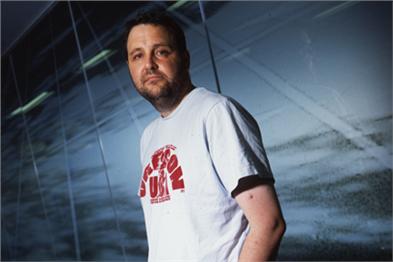But then I started hearing about WikiLeaks' plans to start dumping huge swathes of internal documents from a US major bank and it started to feel a little closer to home. Not that I've ever worked on a major US bank, or, I don't think, written anything in a document or e-mail that would get me into serious trouble or opprobrium. But I bet I've come close. I bet most of us have, and if we are entering an age of "Radical Transparency", then that's worth thinking about.
If everything I'd ever written on e-mail was suddenly revealed to the world, I'd certainly have some explaining to do to colleagues and clients, even some friends - and I've never risen to the levels of power where these conversations really matter. How would you look if all your e-mail was suddenly Googlable by the world? That seems more likely every day.
If it's not done by WikiLeaks, it will be a disgruntled ex-employee, a stupid mistake or a lawsuit. The tools for distributing and searching that stuff are now out there, available to all. I was at a conference a few months ago where the chief executive of Best Buy enthusiastically maintained that "there's no longer any such thing as an internal memo". If you've written something important enough or interesting enough to your staff, he explained, especially in a company the size of Best Buy, then it's going to get out to the world - to your competitors, to the media, to your customers.
Mr Best Buy seemed rather happy about that - to be living in a refreshing, post-secrecy world, where the default habit was to be open about things. After all, one of his biggest challenges is communicating quickly with thousands of often temporary employees and using public, social media is probably the most effective way of doing that.
And I'm sure there are some things that remain confidential at Best Buy - commerce and human respect demand that. But an operating assumption that the people you're writing about might read what you're writing is probably a healthy and useful one. The most unhelpful target audience descriptions are the ones that belittle the audience, and the worst communications are those that talk down to them.
Perhaps assuming our audiences might read the research debrief, the strategy and the brief, and wondering what they'd make of them, might make us act more respectfully. Having things we wouldn't want our customers to read is probably a sign that there's something wrong somewhere.


